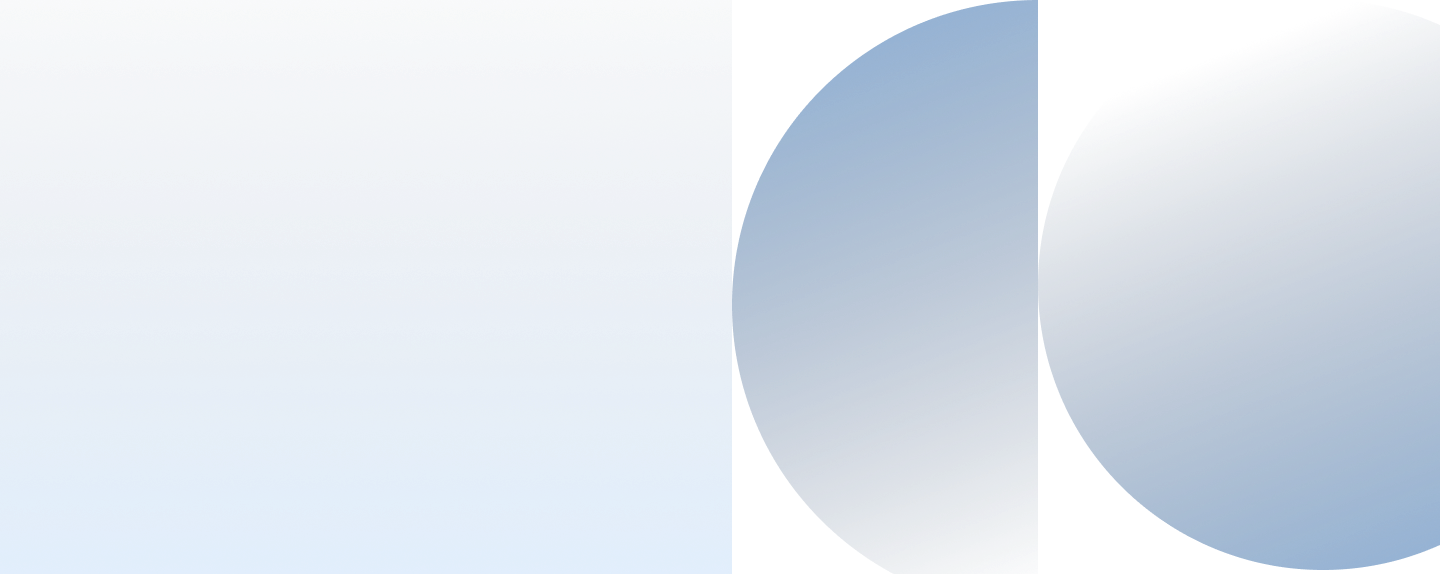
- Docente responsabile
- DANIEL TRABUCCHI
- CCS proponenti
- Ingegneria Gestionale
- CFU
- 1
- Ore in presenza
- 13
- Prerequisiti
- -
- N° max studenti
- 60
- Criteri di selezione
- Students will be selected to maximise the heterogeneity of backgrounds
- Parole chiave:
- Platforms, Sustainability, circular economy
- Tag
- Business e gestione d'impresa, Design dei servizi, Economia circolare, Materiali, Sostenibilità ambientale e sociale, Start up e imprenditorialità, Tecnologie dell'informazione
Descrizione dell'iniziativa
The context
Over the last two decades, platforms have transformed the way, we search for information (e.g., Google), buy goods (e.g., Amazon), consume news and media (e.g., Facebook and Twitter) and travel and move around (e.g., Airbnb, Booking.com, Uber and TripAdvisor). This phenomenon is known as the "Platform Revolution", where platforms can be (broadly) defined as an innovative business model that relies on digital technologies to assemble people, knowledge and companies in an interactive ecosystem where value can be created, captured and shared. These companies mainly act as intermediaries, attempting to reduce friction in the market and helping the supply and demand sides of a product or service to find each other. In this vein, platforms can play a pivotal role in the sharing economy to sustain citizens to get access to sustainable products, connect with the community, and share resources that are no longer in use. Many people struggle to navigate the overwhelming array of products marketed as ‘green,' often without genuinely sustainable credentials. They face challenges in evaluating sustainable products and understanding how to reconnect with local communities to support development by buying local. Platforms are already driving transformation in industries such as design and fashion, where sustainability has become a key priority. Some examples are marketplaces that enable access to eco-friendly and sustainable options or platforms that reduce the environmental impact and support local economies. Platforms can support this transition through sustainable supply chains to create a solution to help citizens make conscious choices and nurture their opportunity for a local impact.
The project
The students are called to answer to a real project sponsored by Paolo Stella, who, with his @SuonareStella, wants to develop a platform-based solution to promote sustainable design and support citizens in pursuing conscious, sustainable choices. The Municipality of Milan will sponsor the initiative with the aim of understanding how platform-based initiatives related to the world of design, sustainability, and supply chain can have an impact at a local and urban level. Paolo Stella, the Municipality of Milan, and other researchers will judge and evaluate the ideas to select, out of many, the most relevant one to be concretely implemented and launched into the market.
This Ideathon is part of a MUSA – Multilayered Urban Sustainability Action Spoke 5, with the goal to explore how the fields of luxury, design, and sustainability are intertwined. MUSA wants to support organizations in the Milanese area and in the Italian landscape to achieve a sustainable goal. The project carried on by the students aims to expand the local impact that MUSA Spoke 5 wants to achieve, envisioning and framing concrete solutions to support the community and other organizations. This project is open to all the students from the universities participating in MUSA: Bocconi University, Biccocca University, Statale di Milano, and Cattolica University. The students will work in groups formed to maximize the diversity of backgrounds and challenge the students to collaborate in a team with multiple backgrounds that will nurture their creativity.
The course structure
This course has a double objective:
- To understand the key peculiarities of platforms, supply chains for sustainability, and opportunities for new innovation path
- To identify innovation opportunities based on platform models triggered by sustainability, supply chains, and design, keeping in consideration the local impact
Periodo di svolgimento
dal Marzo 2025 a Aprile 2025
Calendario
Kick off, 1 h 45 min, in presence, Politecnico Campus Bovisa, 04/03 h 18:15-20:00
Individual and independent learning (MOOCs)
Round table, 2 h, online, 17/03 h 18:00-20:00
Ideathon day – project design, 8h, in presence, Politecnico Campus Bovisa, 22/03 h 9:30-17:30
Final presentations, 1 h 30 min, in presence, Politecnico Campus Bovisa, 02/04 h 18:00-19:30
Note
APPLY HERE: https://bit.ly/PIAPLATFORM
